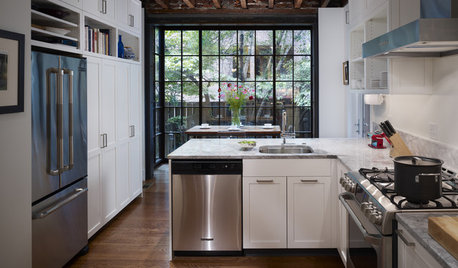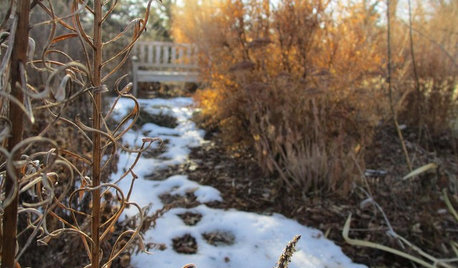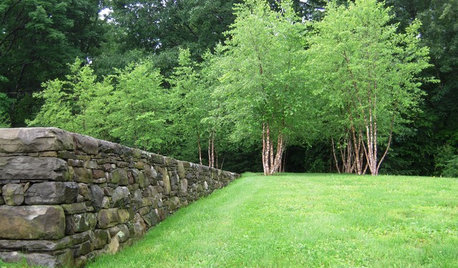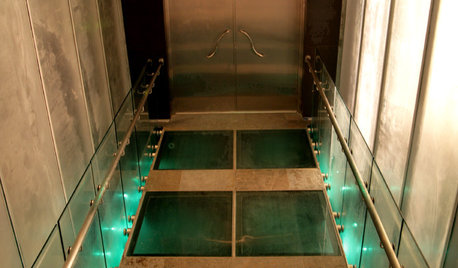I think I've poisoned my soil and I'm desperate!
farm_boy
13 years ago
Related Stories

DECORATING GUIDESThe Dumbest Decorating Decisions I’ve Ever Made
Caution: Do not try these at home
Full Story
FEEL-GOOD HOME12 Very Useful Things I've Learned From Designers
These simple ideas can make life at home more efficient and enjoyable
Full Story
GARDENING GUIDESHow to Stop Worrying and Start Loving Clay Soil
Clay has many more benefits than you might imagine
Full Story
WINTER GARDENING6 Reasons I’m Not Looking Forward to Spring
Not kicking up your heels anticipating rushes of spring color and garden catalogs? You’re not alone
Full Story
LANDSCAPE DESIGNFlood-Tolerant Native Trees for Soggy Soil
Swampy sites, floodplains, even standing water ... if you've got a soggy landscape, these trees are for you
Full Story
GARDENING GUIDESHouzz TV: Make a Worm Bin for Rich Soil and Happy Plants
A worm-powered compost bin that can fit under a sink turns food scraps into a powerful amendment for your garden. Here’s how to make one
Full Story
GARDENING GUIDESGardening Solutions for Heavy Clay Soils
What’s a gardener to do with soil that’s easily compacted and has poor drainage? Find out here
Full Story
FUN HOUZZEverything I Need to Know About Decorating I Learned from Downton Abbey
Mind your manors with these 10 decorating tips from the PBS series, returning on January 5
Full Story
DECORATING GUIDESI'm Ready for My Close-Up: Beautiful Building Materials
Look closely, and soak up the beauty in some favorite details of fine home design
Full StorySponsored
Columbus Design-Build, Kitchen & Bath Remodeling, Historic Renovations
More Discussions








Michael
ericwi
Related Professionals
Canton Landscape Architects & Landscape Designers · Reading Landscape Architects & Landscape Designers · Oconomowoc Landscape Architects & Landscape Designers · Maple Valley Landscape Contractors · Americus Landscape Contractors · Cerritos Landscape Contractors · Metairie Landscape Contractors · South Farmingdale Landscape Contractors · Sun City Center Landscape Contractors · Twin Falls Landscape Contractors · West Chester Landscape Contractors · Reisterstown Landscape Contractors · Hueytown Landscape Contractors · Billerica Decks, Patios & Outdoor Enclosures · Gastonia Decks, Patios & Outdoor EnclosuresKimmsr
farm_boyOriginal Author
lazy_gardens
farm_boyOriginal Author
farm_boyOriginal Author
ericwi
CaptTurbo
snoggerboy
Kimmsr
renataka
farm_boyOriginal Author
idaho_gardener
toxcrusadr